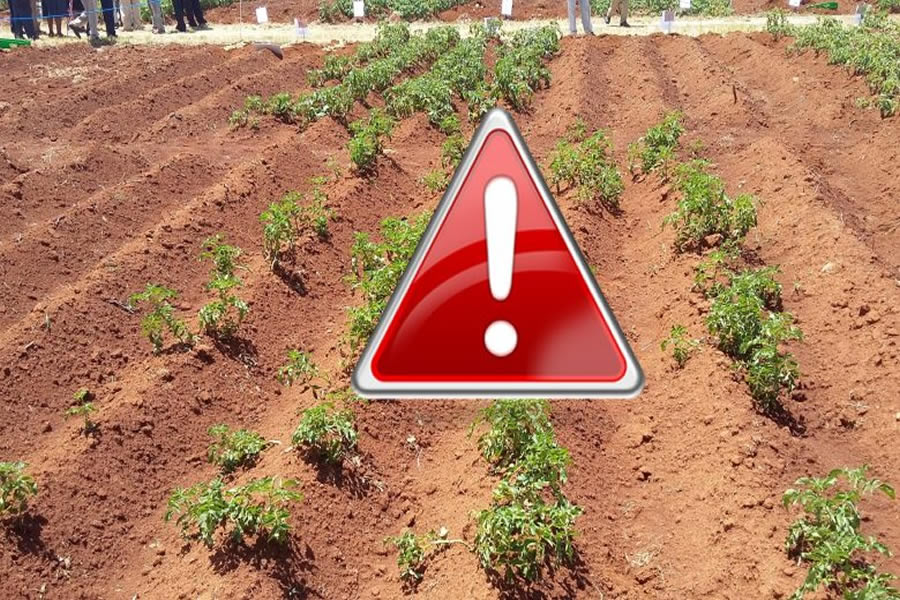Farming is business, not guesswork. Learn from others’ errors so you don’t pay for them yourself.
Starting an agribusiness in Nigeria can be exciting—after all, the potential is massive. Food demand is rising, land is available, and the value chain is wide. But too often, new agripreneurs jump in with passion but no plan—leading to wasted capital, frustration, and failed ventures.
Here are some of the most common mistakes first-time agribusiness owners make, and more importantly, how to avoid them:
1. Starting Without a Clear Business Model
Many first-timers jump into agriculture just because they heard it’s profitable. Some plant crops or rear animals without understanding how they’ll make money from it.
How to avoid it:
- Define your value chain: Are you producing, processing, or distributing?
- Identify your target market: Who will buy your product—and at what price?
- Write a basic business plan before you plant or spend.
Passion is good, but profit comes from planning.
2. Underestimating the Role of Market Access
Some agripreneurs produce in bulk without confirming how or where they’ll sell. Harvest comes… and they’re stuck.
How to avoid it:
- Don’t wait till harvest to look for buyers. Secure offtakers or create distribution plans early.
- Understand market trends and demand cycles.
- Explore direct-to-consumer or digital platforms to reduce dependency on middlemen.
A full warehouse is useless if you can’t turn it into income.
3. Ignoring Soil, Weather & Land Suitability
Planting the wrong crop on the wrong land is one of the fastest ways to fail.
How to avoid it:
- Conduct a basic soil test before planting.
- Choose crops based on your region’s climate, not just popularity.
- Seek advice from experienced farmers or agricultural extension officers.
What works in Jos may fail in Ibadan. Local context matters.
4. Over-Reliance on Manual Labour
Hiring many casual workers without planning for mechanization or efficiency drains profit.
How to avoid it:
- Start small and scale smartly.
- Use low-cost tools or rent machinery when possible.
- Train workers well instead of hiring too many unskilled hands.
Efficiency beats headcount.
5. Lack of Financial Tracking
Many new agribusiness owners don’t separate personal from business money, or they fail to track input costs, leading to poor decision-making.
How to avoid it:
- Open a separate account for the business.
- Track all spending—inputs, labour, transport, etc.
- Use simple tools (like Excel or apps like Bookkeeping Africa) to monitor profit/loss.
If you don’t track it, you can’t manage it.
6. Skipping Insurance or Risk Planning
Agriculture is risky—floods, drought, pests, and market crashes can wipe out months of work.
How to avoid it:
- Consider agricultural insurance through providers like NAIC or private firms.
- Diversify crops or income sources to reduce risk.
- Learn basic pest and disease management early.
Hope is not a strategy. Prepare for setbacks.
7. Following Trends Without Research
Tomatoes are hot this year, so everyone grows tomatoes. Then prices crash. It happens every season.
How to avoid it:
- Don’t follow social media hype—follow data and local demand.
- Look into niche crops or underserved markets.
- Study competitors and price history before choosing what to grow.
8. Trends can make you rich—or ruin you—depending on timing and planning.9 Neglecting Record Keeping
If you can’t track what you did, you can’t improve or get funding.
How to avoid it:
- Keep daily records of planting, harvesting, costs, yields, sales, etc.
- This will help you access loans, grants, or scale later on.
- Good records = investor or bank confidence.
“I think I made profit” is not good enough. Know your numbers.
9. Not Leveraging Technology
Some new agribusiness owners still rely on guesswork when there are free or affordable tools to help them grow smarter.
How to avoid it:
- Use tech like Hello Tractor, Crop2Cash, ThriveAgric, or FarmCrowdy.
- Join WhatsApp groups or co-ops to learn from others.
- Attend online agribusiness webinars or training regularly.
Smarter farmers = richer farmers.
10. Trying to Do Everything Alone
Trying to farm, market, distribute, and manage alone leads to burnout and bad decisions.
How to avoid it:
- Partner with others who complement your skills.
- Outsource logistics or sales if needed.
- Build a support network—mentors, experts, other farmers.
Agriculture is tough—but you don’t have to do it alone.
Final Thoughts
Agribusiness is not just about planting—it’s about running a business in a field full of variables.
First-time mistakes are common, but costly. The good news? They’re avoidable if you go in informed, not just inspired.
Start small. Learn fast. Track everything. Partner smart.
With that mindset, your agribusiness won’t just survive—it will thrive.

